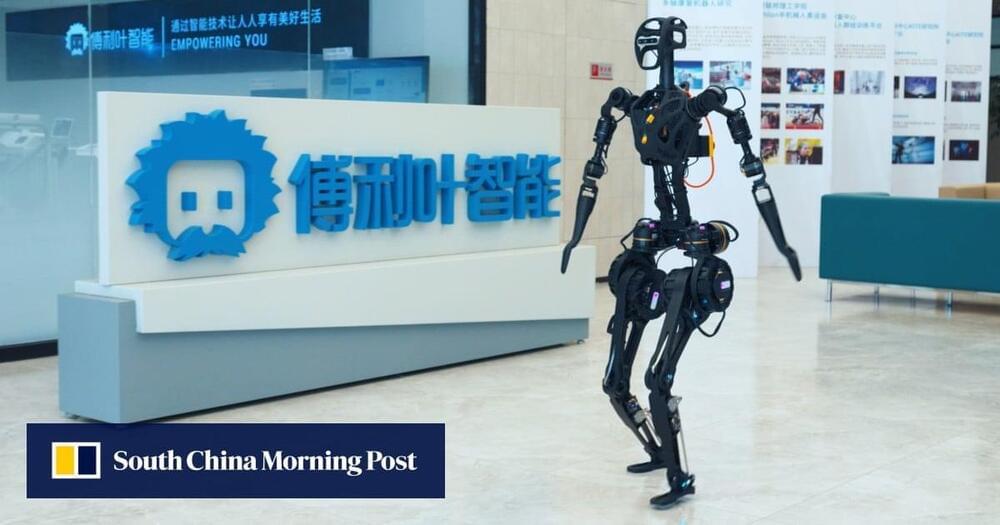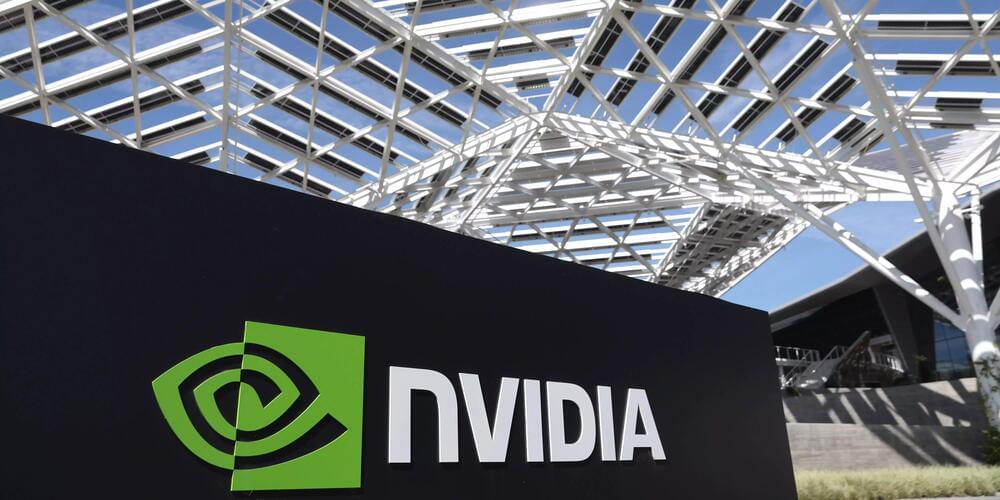Please check out Numerai — our sponsor using our link @
http://numer.ai/mlst.
Numerai is a groundbreaking platform which is taking the data science world by storm. Tim has been using Numerai to build state-of-the-art models which predict the stock market, all while being a part of an inspiring community of data scientists from around the globe. They host the Numerai Data Science Tournament, where data scientists like us use their financial dataset to predict future stock market performance.
Support us! https://www.patreon.com/mlst.
MLST Discord: https://discord.gg/aNPkGUQtc5
Twitter: https://twitter.com/MLStreetTalk.
In this fascinating interview, Dr. Tim Scarfe speaks with renowned philosopher Daniel Dennett about the potential dangers of AI and the concept of “Counterfeit People.” Dennett raises concerns about AI being used to create artificial colleagues, and argues that preventing counterfeit AI individuals is crucial for societal trust and security.
They delve into Dennett’s “Two Black Boxes” thought experiment, the Chinese Room Argument by John Searle, and discuss the implications of AI in terms of reversibility, reontologisation, and realism. Dr. Scarfe and Dennett also examine adversarial LLMs, mental trajectories, and the emergence of consciousness and semanticity in AI systems.
Throughout the conversation, they touch upon various philosophical perspectives, including Gilbert Ryle’s Ghost in the Machine, Chomsky’s work, and the importance of competition in academia. Dennett concludes by highlighting the need for legal and technological barriers to protect against the dangers of counterfeit AI creations.





